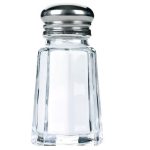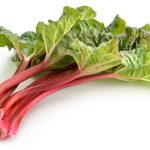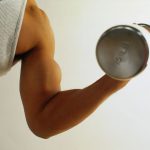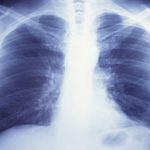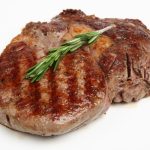
Kids who don’t drink water take in nearly 100 more calories from sugary drinks every day than those who do, according to a recent Penn State study. About one-fifth of children fall into the no-water group. But a multi-year experiment in the New York City public schools involving more than 1 million students found that installing water dispensers in school can change that. Having dispensers increases the amount of water the kids drink, decreases purchases of sugary chocolate milk and the number of sodas and juices brought to school, and helps prevent excess weight in both boys and girls. But it’s not enough to simply tell kids to give up soda and other sugary drinks and have water instead. It needs to be easier for kids to make this choice. Parents can follow these steps from Children’s Hospital Colorado to encourage kids to choose water. Make drinking water more fun by adding frozen berries or grapes to a clear reusable water bottle designed for small hands. Freeze small bottles of water to pack in their afterschool sports bag. The water will thaw during the day, yet still be cold and refreshing when they reach for it. Let your kids keep the deposit money when you recycle store-bought bottled water containers. When eating out, choose water as the beverage — you’ll not only save calories, but… read on >










